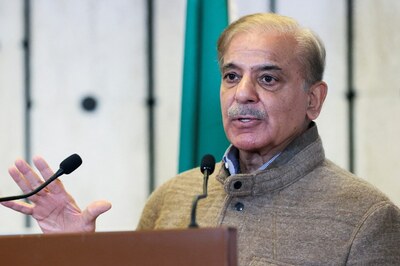
views
CHENNAI: Anti-nuclear protests in the State began using art forms - modern art, Tamil folk art ‘parai’ and poetry recitation, to reach out to the populace, here on Sunday. Recently floated Protesting Women Group Against Nuclear Energy organiser Parimalam said the denizens of the State were to be sensitised on the use of nuclear power. On their campaign, she said they were bridging the gap between the populace and the hidden safety issues of KKNPP. “It is always easy to employ the art forms to reach out to the masses,” she said and added “we are doing the same here too.”“Women had come out to protest which is going to make this a historic one. Being women, we should extend our solidarity with those protesting in Idinthakarai,” Parimalam observed.She charged that the government was diverting the rest of the State against the protesters by prolonged load shedding. It assigned the difficulty in obtaining electricity from the national grid as the reason, she added. “It is a deliberate attempt to provoke the denizens to act for commissioning KKNPP,” Parimalam pointed out. Another member of the group Jayanthi said that there were proof for radiation causing cancers.“Details obtained through Right To information Act prove that nine persons had died of cancer due to radiation,” she said. “The Central government, unfazed by the protests gaining momentum against commissioning of Koodankulam Nuclear Power Plant(KKNPP), are making every attempt to dampen the protests. It first played the religion card stating that the protests are instigated by Christians. Later, it alleged that the protests are being funded by foreign agencies,” said Ambika, another member.The decision to commission KKNPP was taken by the government without consulting the local population who would face its consequences, she added.“When there are alternatives possible, the Centre is keen on using only nuclear power,” Ambika charged.“It can not quench the power deficit in the State as there is no nuclear plant running to its full efficiency in the world,” she pointed out. A documentary on the effects of Kalpakkam- part II made by Amudhan was also screened during the meeting.


















Comments
0 comment